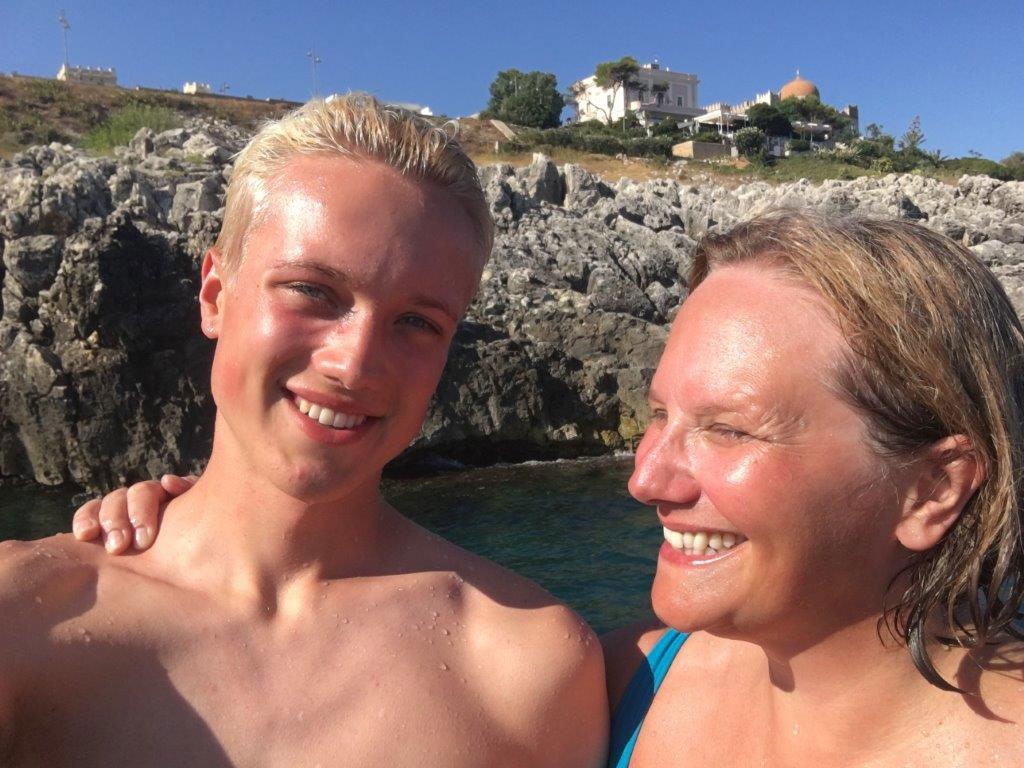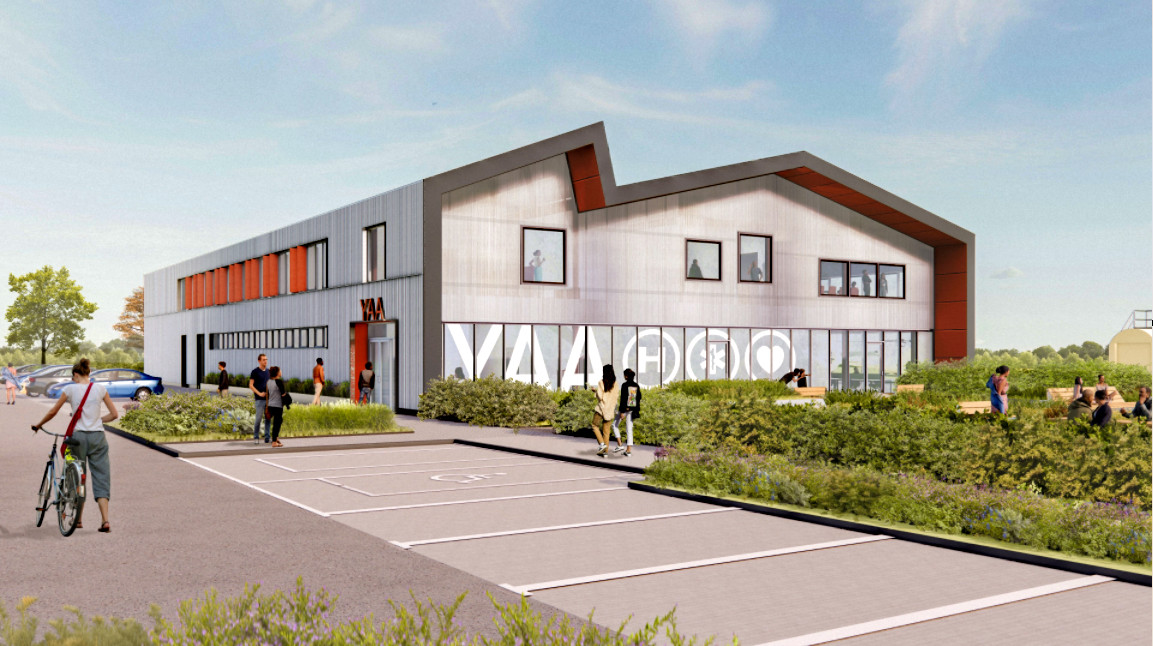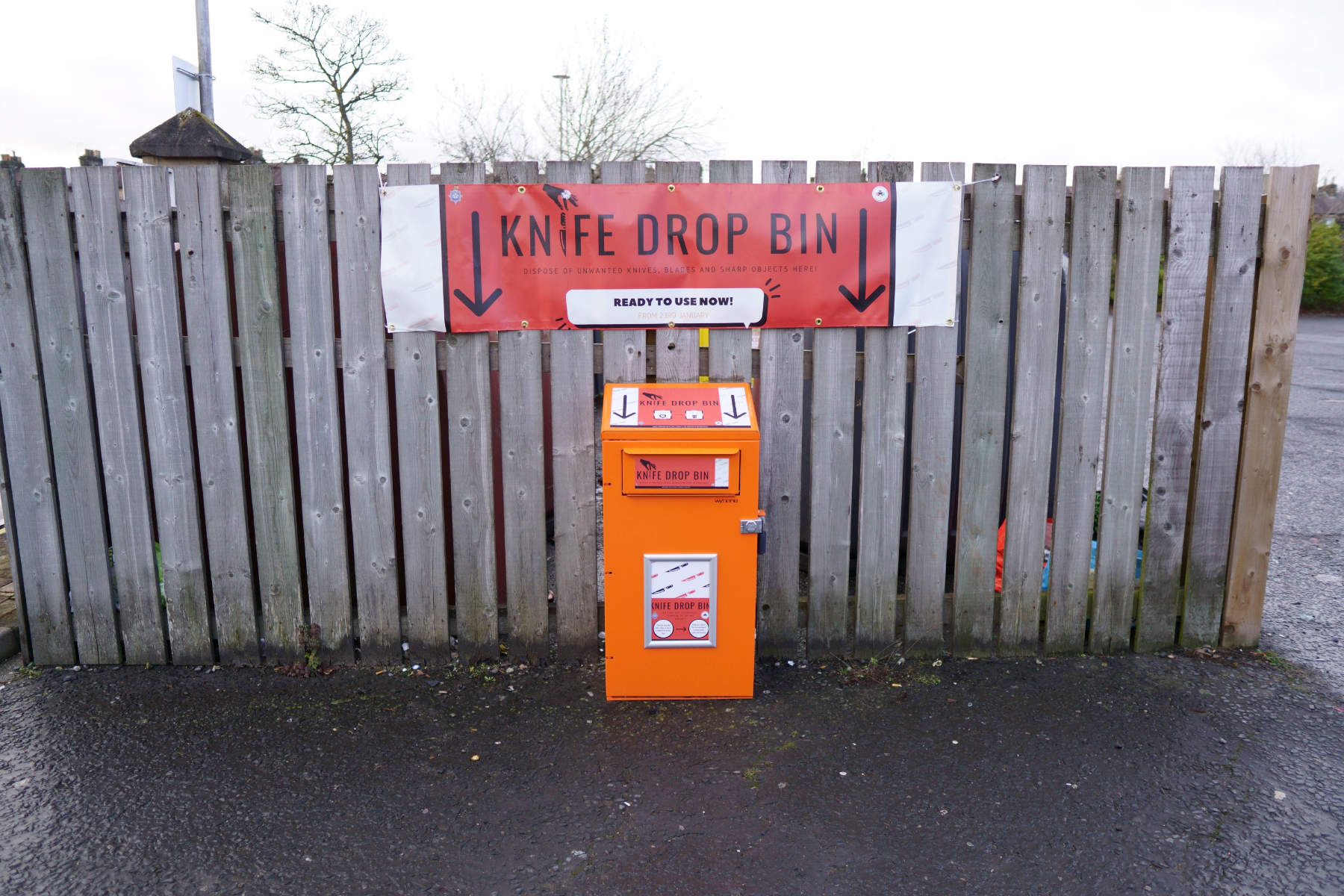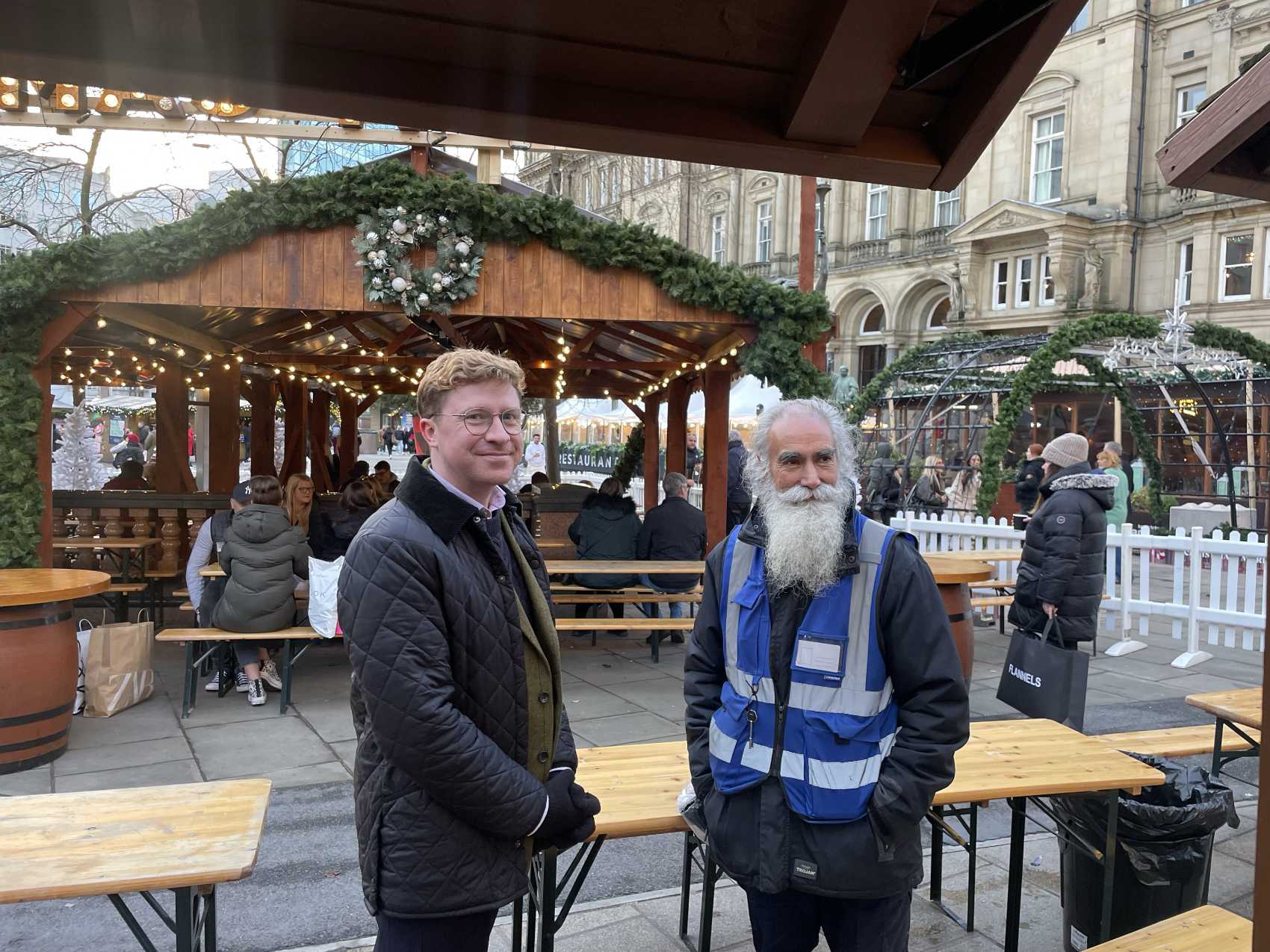A new interactive assessment tool has been introduced for young people who are at risk of self-harm and suicide.
The newly developed North Yorkshire Pathway of support for children and young people with self-harming behaviour and/or suicidal thoughts is an online tool that contains information and guidance for parents, and professionals working with children and young people. It also provides support and advice for children and young people who identify themselves as using self-harm as a coping strategy and/or want support as a result of disclosing self-harm, suicidal thoughts and/or a previous suicide attempt.
Pat Sowa said:
My son, Dom, came under the care of the CAMHS crisis and community team after he was admitted to hospital following a serious overdose when he was 17.
When we were asked to take responsibility for him we felt completely unprepared for how to keep him safe and were given no information about how to talk safely about suicide or to support someone who is suicidal.
Dom died 53 days after his first suicide attempt, and since then I have been determined to do all that I can to prevent other families going through the same hideous and usually preventable loss.
I was invited to join the group working on the self-harm and suicide pathway after meeting the County Council’s public health team to share my experience of Dom’s care and illness. I am very glad to have been able to make a contribution to ensuring the pathway includes support for those looking after suicidal loved ones. We can’t hide from suicide as it makes it even more difficult to prevent.
It is clear that those working in mental health and child services are dedicated to their roles, but in some cases do not yet have specialist suicide intervention training. The launch of the pathway is a really positive step towards providing information for professionals and carers, and I hope that by improving knowledge and training for parents as well, the pathway will give a point of entry to help other families support and care for their loved ones and prevent suicide.
Gandhi said: ‘You must be the change you wish to see in the world’.
Dr Maggie Atkinson, independent chair of the North Yorkshire Safeguarding Children Board (NYSCB), said:
The latest figures from Public Health England about the mental health and wellbeing of North Yorkshire’s children and young people are generally positive. They include statistics that show that 67% of young people aged 15 are satisfied with their lives, which is better than the national average of 64%.
We also know that 8.5% of children and young people aged five to 16 have mental health disorders, which is below the national average of 9.2% for this age range, and that 1.7% of school age children and young people have social, emotional and mental health needs. The national average is 2.3%.
However, the figures show that out of 100,000 young people aged between10 and 24, 388 have been admitted to hospital because they have self-harmed. This is below the national figure of 423, but it doesn’t mean we can be complacent. The NYSCB is committed to working with its partners to
improve the quality of emotional and mental health support available in North Yorkshire, and make sure people can get that support as soon as they need it.
The pathway is part of the wider work of the NYSCB, North Yorkshire County Council and their partners to deliver the North Yorkshire Children and Young People’s Emotional and Mental Health Strategy.
County Councillor Caroline Dickinson, Executive Member for Public Health, Prevention and Supported Housing, said:
The NYSCB has used funding from the County Council’s public health grant to work with parents, carers and professionals involved in protecting the mental and emotional health of children and young people to develop this interactive pathway of support.
The pathway will provide a central source for information and advice about recognising the signs of self-harm and signpost the sources of support that are available. It will also help schools and colleges to develop and implement an effective policy on self-harm.
The pathway has been developed with contributions from people who have first-hand experience of the distress self-harming causes not only to the child or young person affected, but their family and friends as well. Chris Lees and Pat Sowa are among the contributors.
Chris said:
When my daughter, Ella, was receiving support from North Yorkshire’s specialist Child and Adolescent Mental Health Services (CAMHS) team, I was asked for some feedback about our experience with them. Following my feedback, the clinical nurse specialist working with us asked me if I would be willing to join a consultation group to provide a parent’s perspective that would help the development of the pathway.
I was initially motivated by ‘trying to do my bit’ and give something back after the great professional support Ella had received. However, as time went on and I had the opportunity to meet people from many diverse backgrounds and organisations, I began to appreciate the complexity of the context in which these services are provided, and the passion, frustration, enthusiasm, joy, sadness and commitment of the people delivering them.
It became increasingly obvious to me how important this work was to everyone involved and ultimately, of course, the benefit it can bring to the safety and wellbeing of young people – our children.
The pathway can be accessed at https://www.northyorks.gov.uk/support-children-young-people-and-their-families







